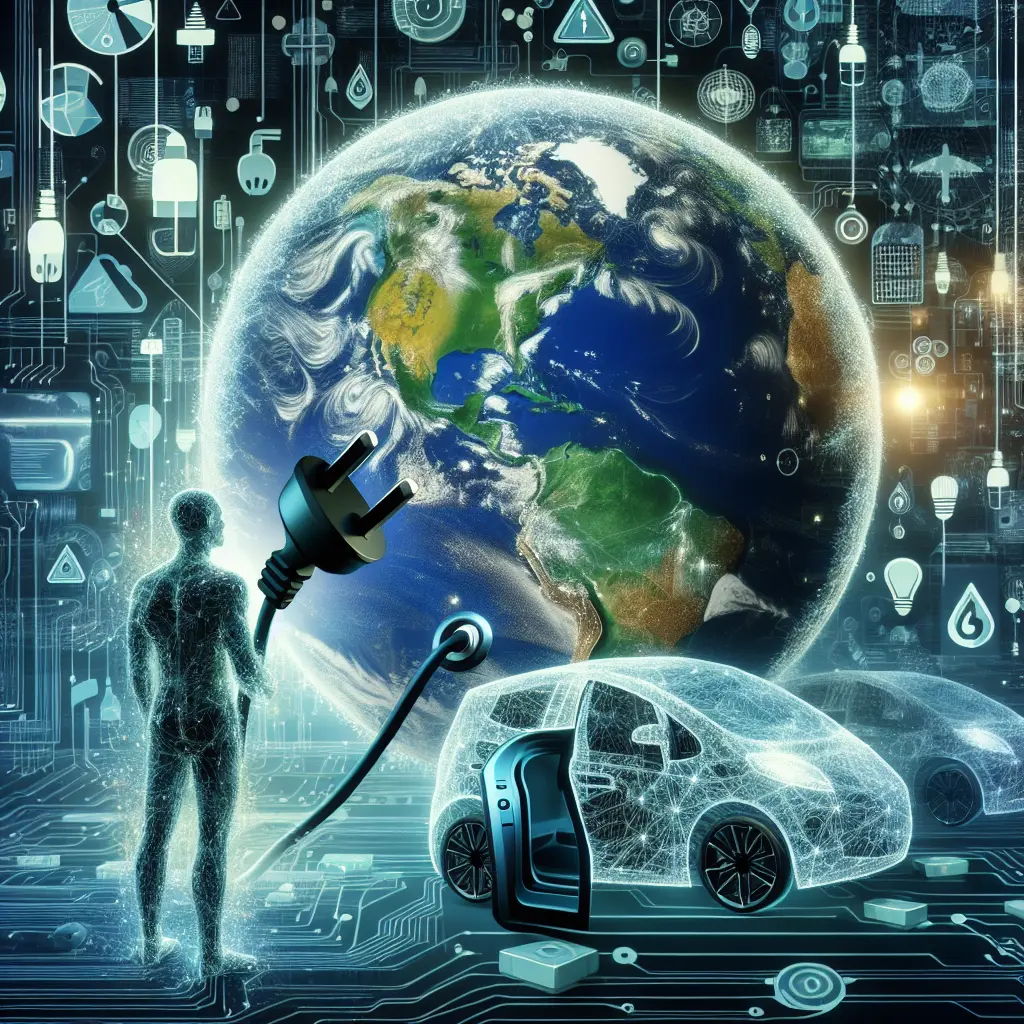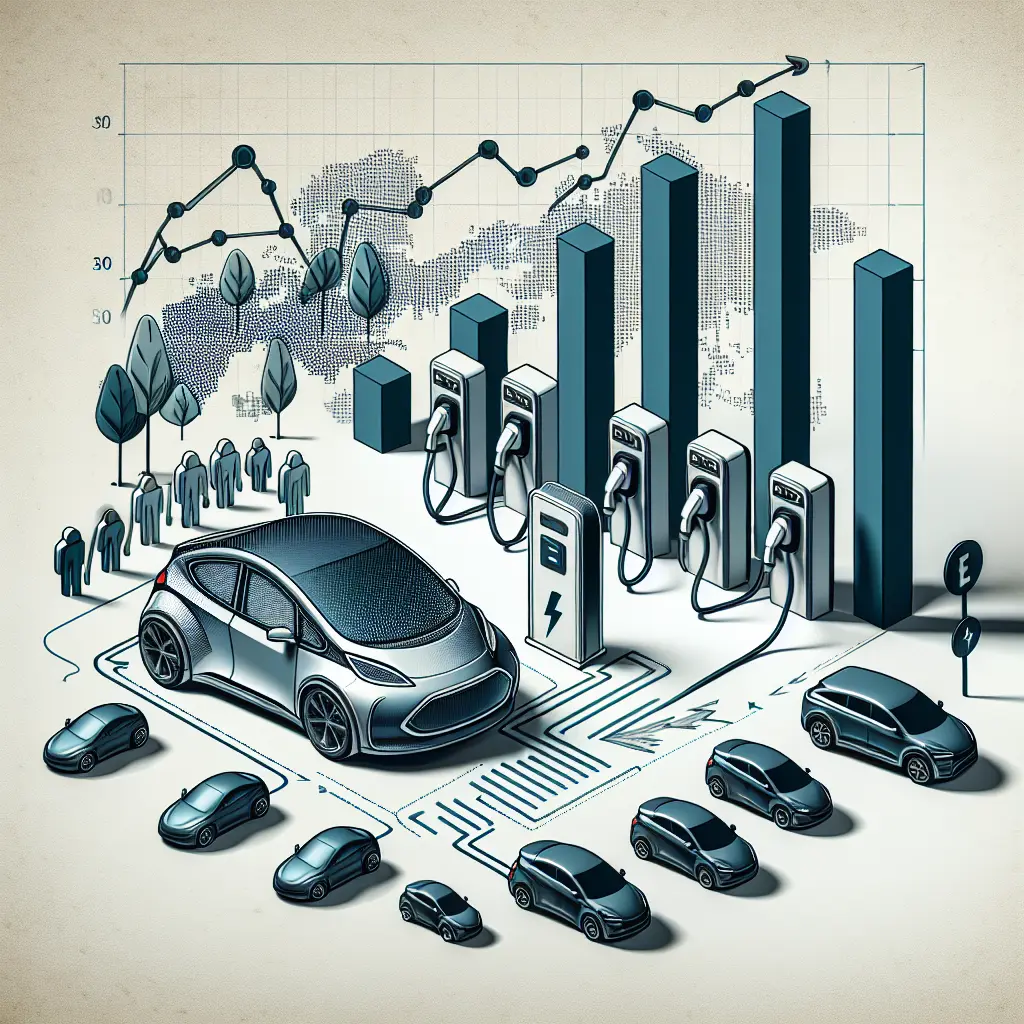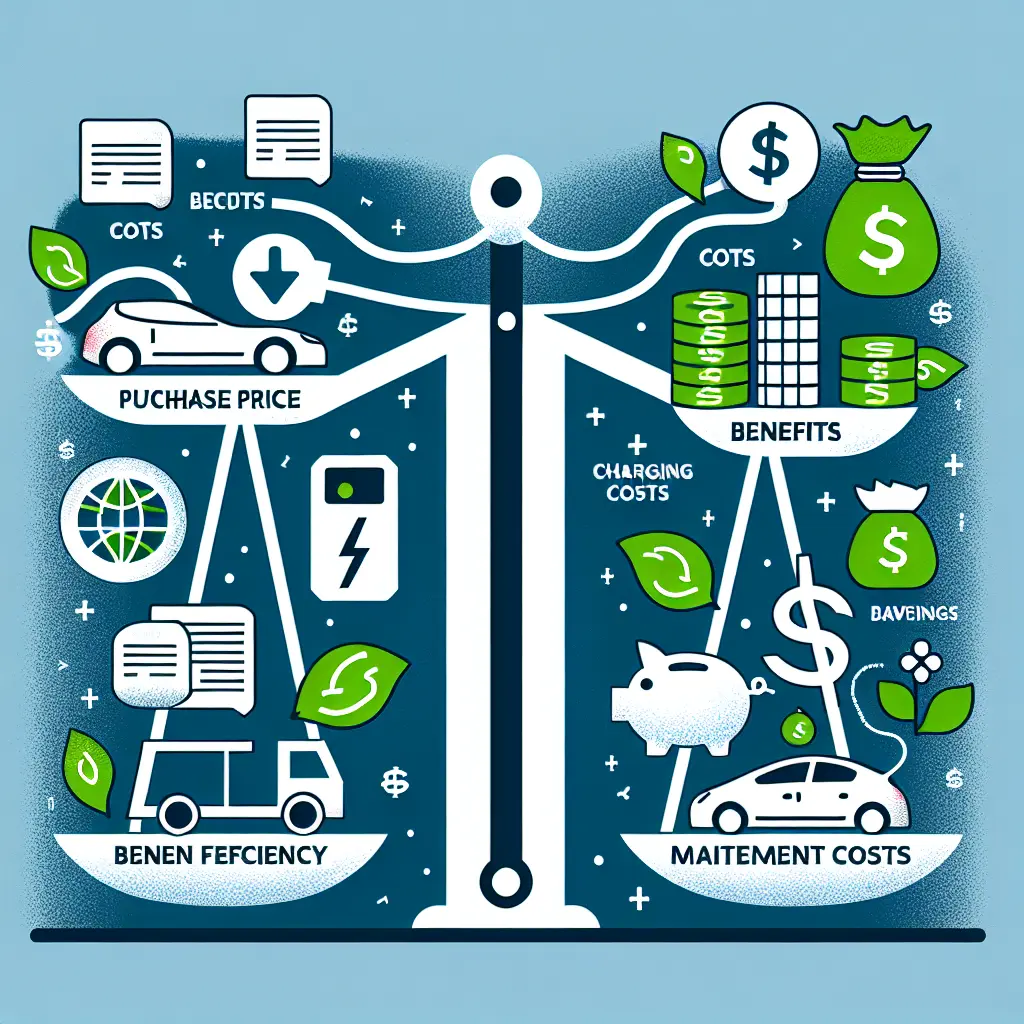As we stand at the crossroads of automotive history, the transition from internal combustion engines to electric vehicles (EVs) is not just a trend but a pivotal shift in how we perceive and utilize transportation. Central to this transformation is Tesla, a company that has not only accelerated the global shift to electric cars but also continues to innovate and redefine the boundaries of what electric vehicles can achieve.
Tesla’s journey began with a simple yet ambitious goal: to prove that electric cars could be better than gasoline cars. With this vision, Tesla has not only contributed to the EV market growth but has also played a crucial role in increasing electric car adoption rates worldwide. Tesla’s range of vehicles, such as the recently introduced Model 3 Long Range RWD in the US for $42,490, showcases their commitment to making electric cars more accessible and affordable.
Tesla's approach to electric vehicle innovation is holistic, focusing on not just the cars themselves but also on key aspects like Tesla battery technology and Tesla renewable energy integration. The company's innovative battery technology has set high standards in energy efficiency and longevity, critical factors that continue to push the boundaries of what electric vehicles can achieve.
Moreover, Tesla’s commitment to sustainability extends beyond vehicles. Tesla solar energy solutions, including solar roofs and solar panels, complement their cars, enabling a lifestyle powered entirely by renewable energy. This integration not only enhances Tesla sustainability but also significantly reduces the environmental impact of EVs by cutting down reliance on fossil fuels.
A significant barrier to the widespread adoption of electric vehicles has been the EV charging infrastructure. Tesla has addressed this through a rapidly expanding network of Superchargers that ensure Tesla owners can easily find a charging station on major highways and in large cities around the world. This development is crucial for supporting the future of electric transportation, making long-distance travel with EVs more viable and convenient.
Tesla’s Role in Shaping EV Industry Dynamics
The influence of Tesla on the EV industry cannot be overstated. As a pioneer, Tesla has not only led by example but has also pressured traditional automakers to accelerate their transition to electric vehicles. Recent reports indicate that China’s BYD is catching up with Tesla in sales, highlighting the increasingly competitive nature of the EV market.
Tesla's journey is not devoid of challenges. The company's CEO, Elon Musk, recently made headlines by endorsing political figures and delaying the highly anticipated Tesla Robotaxi event to October. Such actions have sparked discussions about potential impacts on consumer perception and investor confidence. Despite these controversies, Tesla continues to forge ahead with its plans, underscoring its resilience and focus on long-term goals.
Governments around the world are recognizing the importance of transitioning to electric vehicles as part of their sustainability efforts. Various electric vehicle policies and incentives are being implemented to encourage consumers to make the switch. These incentives not only make EVs more attractive financially but also signal governmental support for a cleaner, more sustainable future in transportation.
The future of electric transportation looks promising. With advancements in technology, such as improvements in battery life and efficiency, along with a more robust charging infrastructure, the adoption rates of EVs are expected to continue rising. Companies like Tesla are at the forefront of this revolution, continuously innovating and pushing the industry forward.
Looking Ahead: The Future of Electric Transportation
As we look towards this bright future, it’s clear that the shift to electric vehicles is much more than just a change in the type of cars we drive. It's about embracing a sustainable lifestyle, reducing our carbon footprint, and driving towards a cleaner, greener planet.
In conclusion, Tesla’s significant contributions to the EV industry through groundbreaking innovations in electric vehicle technology and renewable energy solutions have been instrumental in driving the global shift towards electric cars. Despite facing challenges, including those related to public relations and market competition, Tesla remains a key player in shaping the future of electric transportation.
Thank you for joining me on this exploration of how Tesla is steering us towards a more sustainable world on wheels. Together, we are not just witnesses but also participants in this historic shift in transportation.






Leave a Comment